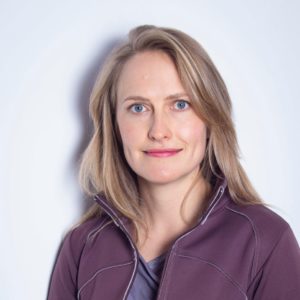 Amber Hasselbring became involved with Nature in the City (www.natureinthecity.org) in 2006 when she joined the organization’s Steering Committee. At this time, she became immersed in a community of generous, motivated, and thoughtful people. They worked collectively to celebrate, advocate, protect local nature. At the time, she was making artwork about native ecosystems, creative exploration in the urban landscape, and transforming sidewalks into habitat for songbirds, native bees, and butterflies.
Amber Hasselbring became involved with Nature in the City (www.natureinthecity.org) in 2006 when she joined the organization’s Steering Committee. At this time, she became immersed in a community of generous, motivated, and thoughtful people. They worked collectively to celebrate, advocate, protect local nature. At the time, she was making artwork about native ecosystems, creative exploration in the urban landscape, and transforming sidewalks into habitat for songbirds, native bees, and butterflies.
What environmental issues are of most concern to you?
Most pressing to me is our relationship as human beings with nature. We often have an “us and them” perspective for how we see our part in protecting, caring for, and learning about ecosystems. I would like to see us redevelop a more inclusive view. Often, we feel guilty about the species that we are losing, the ocean levels rising, our fossil fuel use, the foods we eat… and the list goes on.
I believe that the more we take part in nature everyday, the more connected we will feel to nature inside ourselves. The issues that overwhelm us: sickness, stress, relationship concerns, addictions, and mental health challenges –– can be all consuming. However, if we step back and take the long view, we can remember that we are simply opportunistic mammals, just like the spiders, bees, and songbirds, looking for ways to satisfy our basic needs.
If it were possible for us to think of ourselves as more intrinsic to nature, instead of separate from it, I believe we would feel better about ourselves in general. Perhaps the water we drink, the foods we eat, the soils we touch, and materials we surround ourselves with would be enhanced by taking a lighthearted “I am part of this” approach. For example, if we depended on the San Francisco Bay instead of the health club pool for our swim workout, how might we think about waterways upstream?
In urban places, we live in a very privileged system. But there is hunting, foraging, food growing, swimming, habitat restoration, bird migration, and more. All of these are happening here, where we live. I would love to see more urban people feel like they have a part to play in these natural systems instead of taking them for granted, or worse, ignoring that they exist.
What do you think are some challenges and opportunities facing women in the environmental movement today?
Women have a leading role to play in the environmental movement. In our families, we share what we know and bring new habits into our everyday lives. We teach our children how to belong to nature. We can give our communities more a sense of simplicity and interdependency if we work together. I am encouraged by women in positions of power in the environmental fields, and the more we can support each other in raising our voices about what we know and think –– the more we can work together to find creative, inclusive solutions.
What are your suggestions on how WEN members can become more involved in your sector and the environmental movement?
If WEN members would like to learn more and stay informed, they can join our Naturein the City’s Meetup group and sign up for our e-newsletter. They can participate in an eco-literacy movement, that not only will inspire them personally, it will help to build a better San Francisco, and what’s more, it will expand our connection to the natural history of this place and remind us that we are a part of a much larger system of wild nature close to home and far away.
